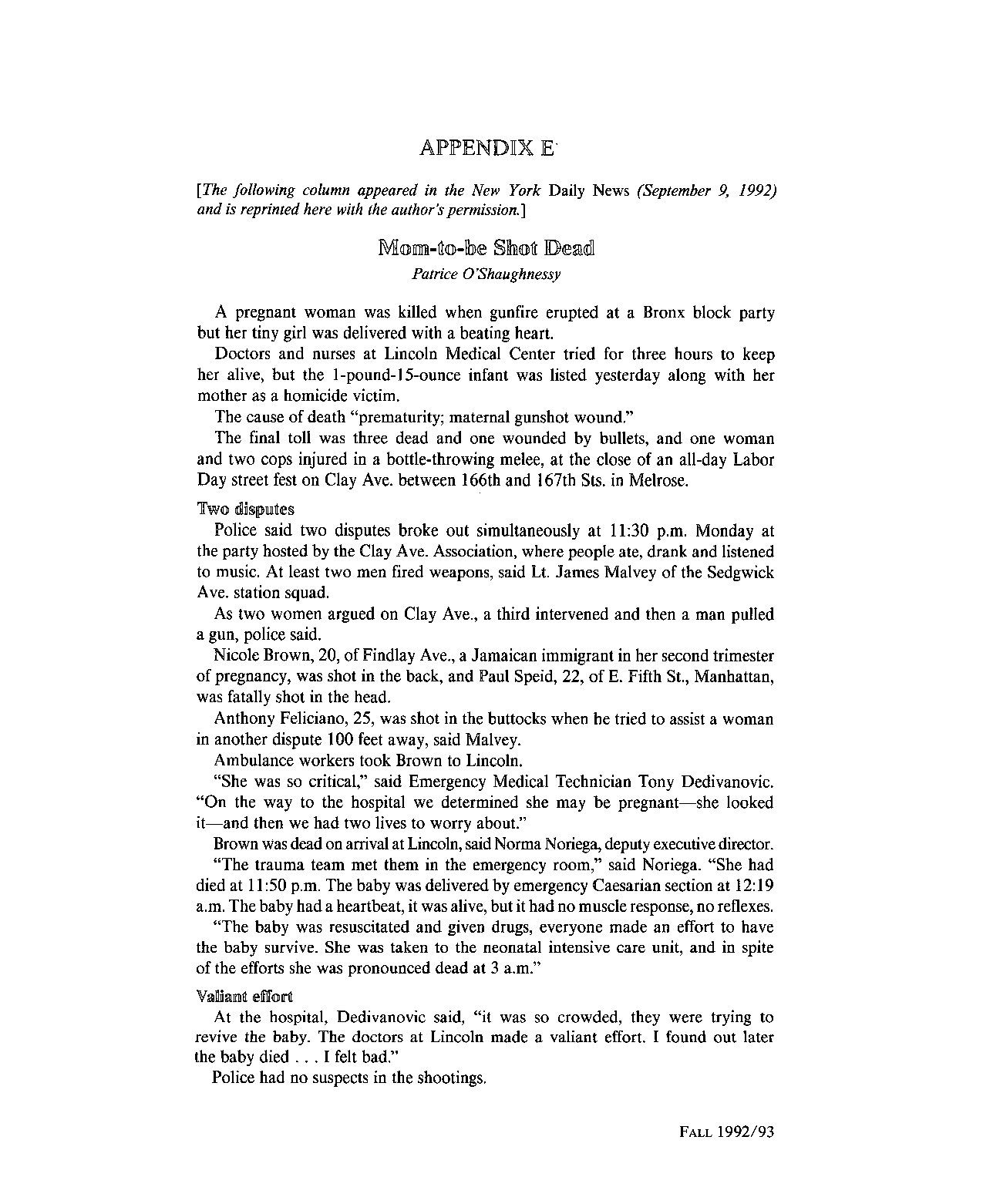
Spiritual health is one of the basic aspects of health and providing a clear theoretical definition can result in a common understanding of this concept for nurses. Finally, well-being and moral development were the outcomes of spiritual health. Besides, the antecedents of spiritual health included capability and potentiality for transcendence, and spiritual awareness. The critical attributes extracted for spiritual health included transcendence, purposefulness and meaningfulness, faithfulness, harmonious interconnectedness, integrative power, multidimensionality, and holistic being.

The results were categorized as antecedents, attributes, and outcomes of spiritual health. Walker and Avant (Strategies for theory construction in nursing, Appleton & Lange, Norwalk, 1995) concept analysis method was used in this study. The present study aimed to explore the concept of spiritual health in health-related and nursing literature. This ambiguity can be challenging for holistic nursing therefore, clarification of the concept is required for development of nursing knowledge. Yet, this concept has remained complex and ambiguous, and there is no consensus in this regard.

It also appears, in an all-too-brief account of what films excite Ebert, in which he recounts what makes a memorable film.Spiritual health has attracted a lot of attention in health-related and nursing sciences and numerous researches. Love forms the spine of Ebert’s memoir - love for his emotionally crippling mother, love for his former bar-mates and fellow newspaper hounds, and love for Chaz, the woman who has been a guardian angel, fiercely protective of his business interests and his medical care. “Maybe the problem was that no one else could possibly understand how meaningless was the hate, how deep was the love,” Ebert writes. That combativeness, Ebert writes, almost inspired a sitcom about two rival critics joined in a love/hate relationship, but both CBS and Disney ultimately took a pass on the pitch.
#LIFE 1999 ANALYSIS MOVIE#
Part of the fun of their pairing were the moments when the two parted ways on a movie and would engage in full-throated debates about a film’s merits. Yet the two shared an improbable on-screen chemistry that worked off-screen, too. The tall, relatively slender, and private Siskel, who died of a brain tumor in 1999, was the physical and temperamental opposite of the squat, portly, and effusive Ebert. There are also odes to the fast food chain Steak ‘N Shake, loving accounts of travel to foreign cities such as London and Venice, riffs on secular humanism, and a chronicle of lost virginity involving a prostitute in South Africa. Instead, America’s most famous film critic offers an over-stocked tour through his early life as the only child of an electrician, his struggles with alcoholism, his love affair and eventual marriage to his wife, Chaz, and his battle with cancer - a fight that robbed him of the ability to speak, eat and drink, while leaving him, in his own words, looking like “the Phantom of the Opera.”

Yes, the book features anecdotes from years spent churning out reviews of classics such as “Bonnie and Clyde” and “Boyz ‘N The Hood” and boasts amusing remembrances of film greats like the hard-drinking Lee Marvin and a “damned if I care” Robert Mitchum.īut readers hoping for an in-the-trenches account from Ebert’s decades as one of the nation’s taste-makers will be disappointed. It’s shocking, but movies are of secondary concern in “Life Itself,” the new memoir from Roger Ebert.


 0 kommentar(er)
0 kommentar(er)
